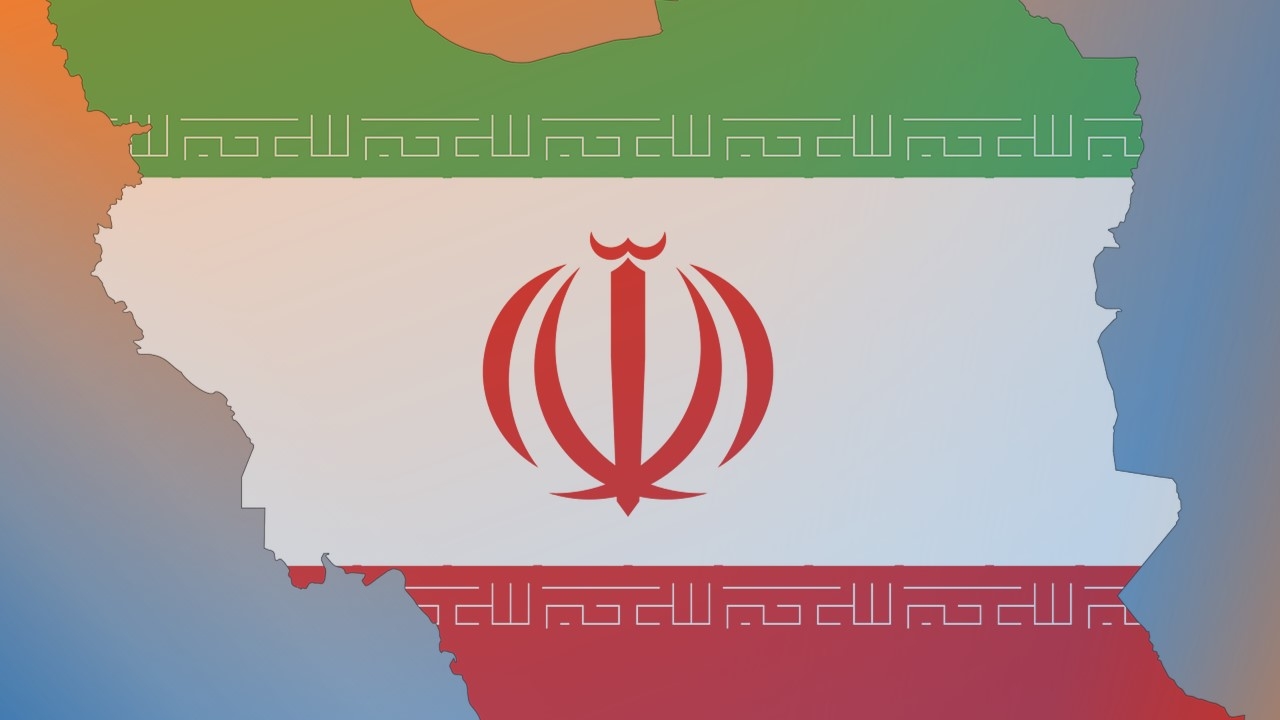Israel’s Maritime Aggression will Turn into Geopolitical Disaster
Empowering Weak & OppressedTahir Mahmoud
Ramadan 19, 1442 2021-05-01
News & Analysis
by Tahir Mahmoud (News & Analysis, Crescent International Vol. 50, No. 3, Ramadan, 1442)
For several months, the international media has been reporting suspected Israeli terror attacks against Iranian ships. Most of the mainstream media analyzed the alleged Israeli attacks within the parameters of Israeli-US pressure against Iran.
Israel’s aggressive behavior on the high seas, like all its other aggressions is being subtly whitewashed by the corporate media by analyzing it mainly through a tactical security angle. Namely, that Israel is probably attacking Iranian ships to “defend” itself from Islamic Iran and its regional allies. This narrative creates short term benefits for Israel in the media, by projecting it as a supposed victim. However, this narrative creates a geopolitical blind spot that will come to bite Israel and its Western sponsors. Let us take a look at the how and why of this hypothesis.
Israeli journalists and analysts describe attacks on Iranian ships as one of the tactics Israel uses in its clandestine war against Islamic Iran. Writing for the Washington based al-monitor.com, Ben Caspit described suspected Israeli attacks on Iranian ships as a “controlled escalation meaning the sides are upping the ante but making sure not to lose control and deteriorate into an all-out war.”
Writing for the Middle East Eye (MEE) Yossi Melman, an Israeli correspondent that Wikileaks documents have linked to Israeli intelligence services, described alleged Israeli and Iranian attacks on each other’s ships as a maritime war. However, Melman also pointed out that “a maritime sabotage war is the last thing that Israel needs. About 90 percent of goods Israel imports and exports come and go by ship. The maritime routes are Israel’s underbelly.”
While the above descriptions are accurate, without understanding the broader geopolitical setting and the repercussions the new sea-based confrontation tactics will have on international global trade, the picture is incomplete.
So far, attacks on Iranian ships have taken place in the Red Sea and the Mediterranean, basically trade routes dominated by Western regimes and their surrogates.
Israeli security cooperation with the autocratic regimes in the Persian Gulf and the regime of Abdel Fattah el-Sisi in Egypt are widely known. Thus, those who were targeting Iranian ships were essentially operating in a politically and militarily friendly environment. They had all the necessary political and security cover to implement their designs.
After attacking Iranian ships, an Israeli-owned ship was attacked on April 13 off the coast of United Arab Emirates. As reported by the MEE, “Israeli defense sources told the Haaretz newspaper that they were certain Iran was behind the attack, adding it was likely carried out by an unmanned drone or a missile strike.”
Attacks taking place along one of the most important global trade routes that are within the Western political and economic sphere of dominance are acting as another contributing factor to the emerging multipolar world order.
China’s Belt and Road Initiative (BRI)is becoming one of the most prominent trade routes in the world.It will most likely overtake Western dominated trade routes in the near future. Of course, the BRI will not eliminate the importance of current maritime trade routes. Their significance, however, will be reduced.
The BRI’s primary emphasis is on an integrated system of railroads, pipelines and fiberoptic communication networks. While maritime roots are also part of the BRI project, they arenot the primary pillar. Thus, the current Western dominated sea-based trade arteries that Israel is converting into a battlefield, will first and foremost hurt Western economies. It will discourage trade there and incentivize trade along the BRI routes and infrastructure.
Israel is already a political liability for Western powers. Due to the Zionist lobby’s immenseillegitimate political influence, NATO regimes blindly support Israel at the expense of their own national interests and global reputation. However, this trend is changing. Younger generation of Europeans and North Americans are more critical of Israel and are becoming assertive in demanding that their political representatives end blind support for the regime that spoils their country’s image and relations with dozens of other countries and societies.
The prominence of Western trade routes will not diminish overnight, but it will occur if Western regimes do not rein in their Zionist ward. Even though it is unlikely to happen openly, due to the economic decline of Western societies, they might act more strictly with Zionist officials behind closed doors simply for their own economic interests.
Israel’s maritime aggression has opened a pandora’s box. Islamic Iran has shifted its economic priorities towards China’s BRI projects. Iran’s adversaries dominate the current trade routes. Thus, while Israel may have initiated the maritime war, it will not be the one to end it.
Disrupting Israeli presence in the Persian Gulf will not create significant additional headaches for Tehran. Iran, as an indigenous power, is an integral part of the Persian Gulf maritime route. Itcan exert continuous pressure on Israel. Iran is a permanent part of the Persian Gulf. Thus, sustaining pressure on Israel and its enablers in the Persian Gulf is quite feasible for Tehran because of its geography.
In the Muslim world and probably beyond, Tehran’s assertive actions in the Persian Gulf will from now on be viewed as legitimate confrontation with Israel’s illegitimate presence there. Thus, Israel has provided Iran a great opportunity in the Persian Gulf.
By adopting aggressive tactic on the seas, Israel has annulled the economic benefits it was hoping to gain by establishing open political relations with the wealthy autocratic regimes of the GCC. In addition, because Iran and its allies are now unlikely to reduce their confrontation with Israel along the Western dominated trade routes, BRI’s image will continue to grow.
Israel could opt for targeting Iranian trade along the BRI route but then it will have to deal with Iran and a very angry China. Beijing will not be as lenient with Israel as Western regimes are and allow it to spoil China’s biggest economic project. It appears that Israel has overplayed its hand when viewing things in a broader geopolitical context.




